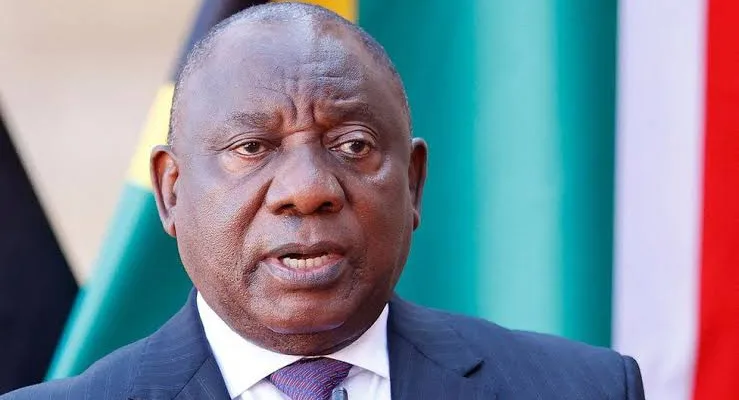
Addressing a gathering on Monday, South African President and ANC leader Cyril Ramaphosa acknowledged the electorate’s call for change.
For the first time since the advent of democracy in 1994, the ANC failed to secure the necessary 50% mandate according to its constitution.
Now, the ANC must forge alliances with opposition parties to govern, but who will be willing to join forces?
The Democratic Alliance (DA), led by John Steenhuisen, emerged as the second-largest party according to unofficial results from the South African Electoral Commission (IEC), securing 21% of the votes, trailing the ANC’s 40%.
However, ideological and racial differences pose challenges to forming a coalition government.
Former President Jacob Zuma’s newly registered uMkhonto Wesizwe (MK) party presents another option for the ANC, garnering 14% of the votes.Yet, tensions linger between MK and the ANC since Zuma’s expulsion due to corruption charges that led to Ramaphosa assuming the presidency.
Despite being viewed as a potential kingmaker, Julius Malema’s Economic Freedom Party (EFF) secured only 9% of the votes, complicating its role in government formation.
The ANC’s path to retaining power remains uncertain, reflecting a shift in South Africa’s political landscape away from longstanding party dominance.













